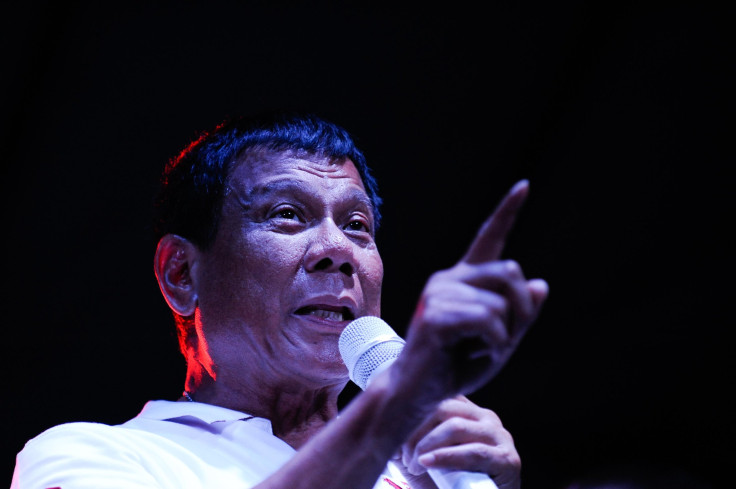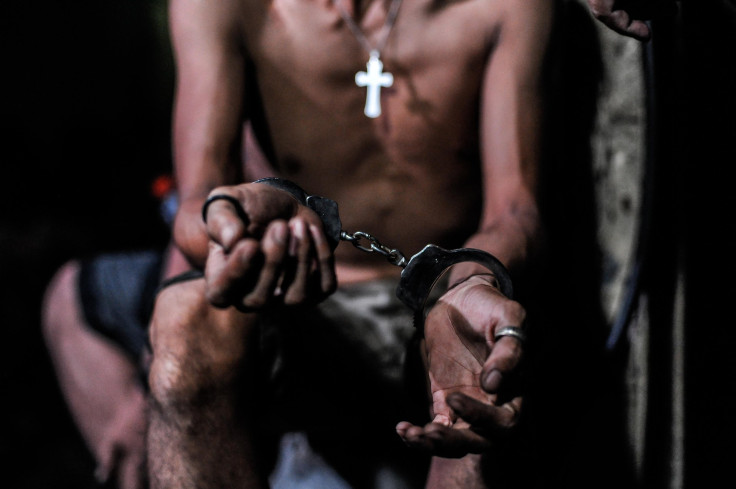Philippines Drug War: Death Toll Crosses 400, Human Rights Activists Condemn Killings Of Suspects

After winning presidential elections with a campaign promising to rid the country of drugs and corruption, Philippines’ Rodrigo Duterte is standing true to his aim with over 400 dealers and others already having been killed by police. The state-sanctioned executions are facing widespread criticism from human rights activists.
Over 300 anti-narcotics and human rights groups from around the world Tuesday called for the United Nations to denounce the killings being carried out by the police as well as vigilante groups, which have reportedly slaughtered hundreds more based on Duterte’s public calls to take action against drugs by taking the law into their own hands.
The appeal was directed to the International Narcotics Control Board (INCB) and the United Nations Office on Drugs and Crime (UNODC) and came after a Philippine senator called for an investigation into the killings that Duterte has endorsed.
In a speech before the Senate, former justice minister Leila de Lima said: “We cannot wage the war against drugs with blood. We will only be trading drug addiction with another more malevolent kind of addiction. This is the compulsion for more killing.”

In a nationally televised speech in June, Duterte urged the citizens: “Please feel free to call us, the police, or do it yourself if you have the gun — you have my support.”
“You can kill him. Shoot him and I’ll give you a medal,” he added.
The New York Times reported that according to national police logs, 114,833 people turned themselves in — as drug addicts or dealers — since Duterte took office, in the face of the killing spree.
However, human rights groups and the families of those who died say that they were poor Filipinos, killed without an accusation or a trial. The Times reported Phelim Kine, a deputy director of Human Rights Watch in Asia, as saying, “These are not the wealthy and powerful drug lords who actually have meaningful control over supply of drugs on the streets in the Philippines.”
The president has also accused five police generals of protecting drug lords, without any specific evidence. A mayor, the mayor’s son and a prominent businessman have also been accused of drug trafficking by Duterte who threatened their lives if they refused to surrender.
ABS-CBN, one of the country’s top broadcasters, reported that 603 people had been killed since Duterte was elected, with 211 murdered by unidentified gunmen, according to the Agence France Presse.
© Copyright IBTimes 2025. All rights reserved.






















